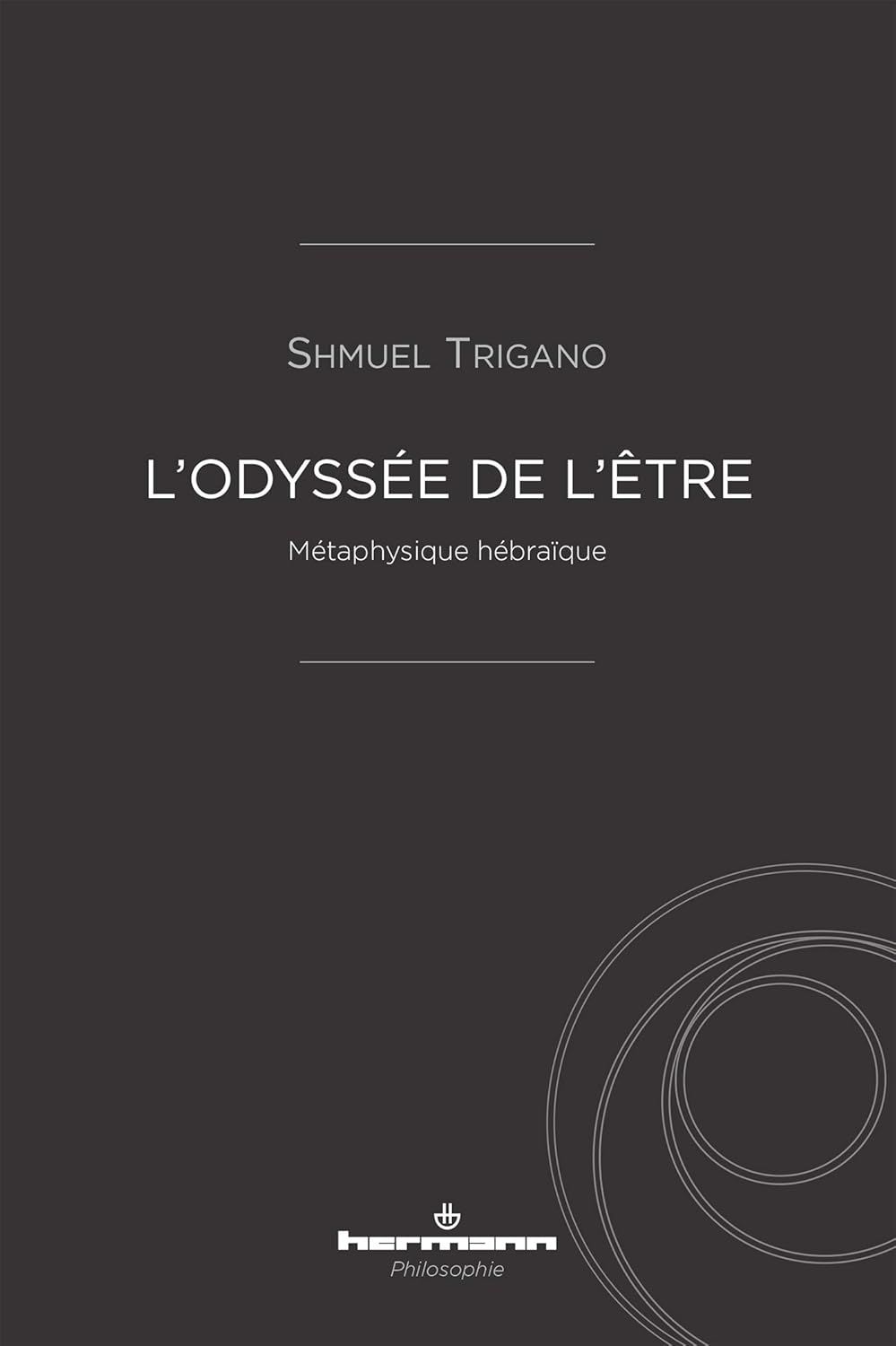The subject of this book is Hebraic philosophy, which the author distinguishes fundamentally from Jewish philosophy, in the sense that the latter seeks to come to terms with Greek philosophy while the former seeks to come to terms with itself, i.e. to rediscover in its Hebraic texture the power to construct the cosmos.
If God is designated in Hebrew by the radical of the verb “to be”, if being is not conjugated in the present tense – or even if the present does not exist – then a whole intellectual universe emerges, with a different temporality and reality: all wrapped up in the astonishing proposition that being “ceases”(shabbat) so that man can rise.
If God is designated in Hebrew by the radical of the verb “to be”, if being is not conjugated in the present tense – or even if the present does not exist – then a whole intellectual universe emerges, with a different temporality and reality: all wrapped up in the astonishing proposition that being “ceases”(shabbat) so that man can rise.

